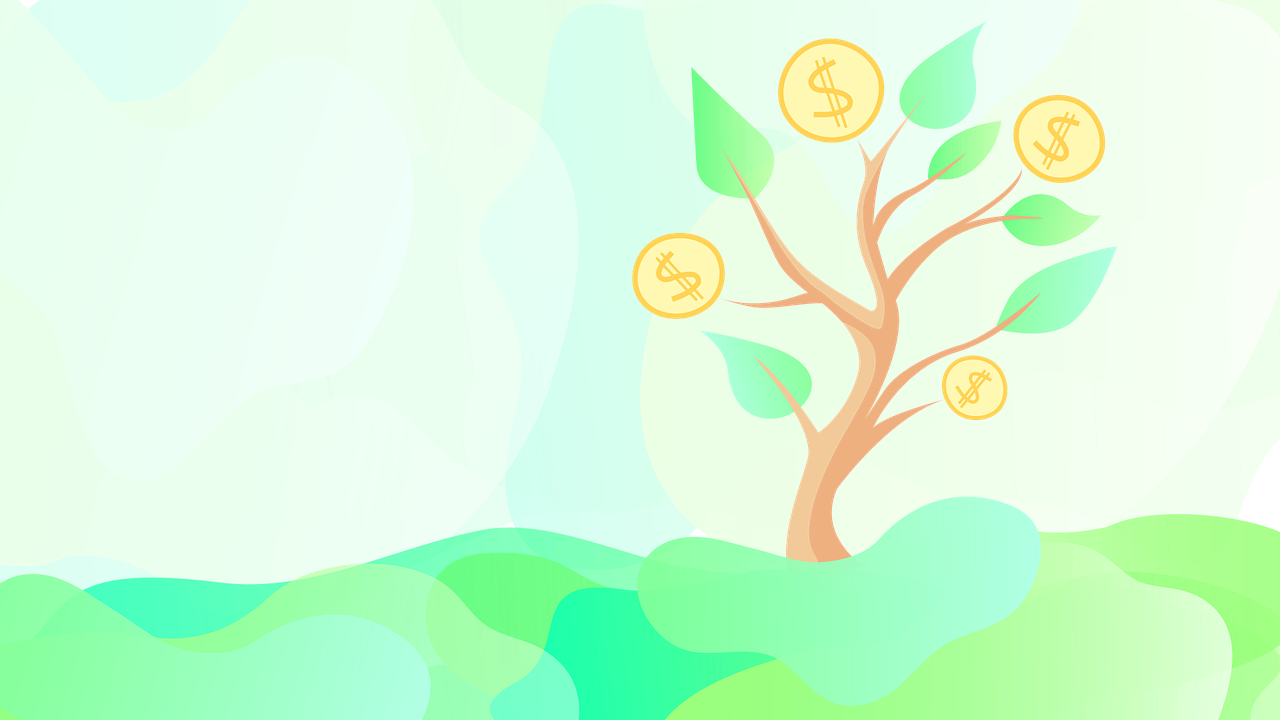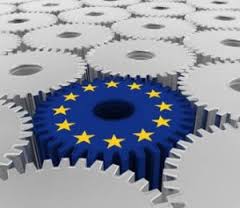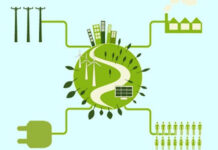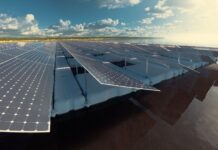An ecological transition requires green technologies, cultural change and coordinated entrepreneurial choices that cannot lack a sustainable economy. This theme is addressed by Positive Money Europe, a non-profit research organization, advocacy and campaign organizer that aims to ensure that the European Monetary System supports a fair, democratic and sustainable economy. Since 2015, it has launched a campaign to green the policies of the European Central Bank.
“With more than 5 trillion euros injected through quantitative easing and refinancing operations (TLTROs), in our view it is critical to ensure money created by the ECB supports the EU’s climate objectives” explains Stanislas Jourdan, Executive Director of Positive Money Europe, to whom we have asked, as in spite of the green transition in which Europe is engaged, the cost of energy is growing and with it also energy poverty, on which weigh also the pandemic from Covid-19 and the crisis Ukraine-Russia.
Europe is committed to a green transition but the cost of energy is high especially now with the Ukraine-Russia crisis and energy poverty is growing fast also because of the Covid-19 pandemic. Are we doing our best to finance the green transition? How could we do more?
The European Union is doing a lot of talking about climate, however concrete progress is still insufficient. The war in Ukraine is exposing the EU’s reliance on Russian gas which is a telling demonstration of the EU’s addiction to fossil fuels: this is of course a wakeup call that we cannot keep depending on fossil fuels that are threatening the stability of our economies, Europe’s security, and the health of our planet.
We therefore need to speed up our efforts by deploying a lot more funding to increase our renewable energy capacity, and also to reduce our energy consumption, thanks to energy efficiency investments.
Today, people have to decide between putting food on their table or paying energy bills. This is not acceptable and economically sustainable, as more and more people are going to face overindebtedness. Scaling up the energy efficiency of our homes while reducing our dependence on gas to heat them is crucial, as this will bring gas-free homes and lower energy bills for households. For sure, such ambitions require a huge amount of money.
This is where the European Central Bank comes in. The ECB is currently injecting 2 trillion euros to banks at negative interest rate, meaning the ECB is actually paying banks.
Instead of giving money to banks without condition, we are asking the ECB to offer a “green discount rate” to banks, in practice obliging them to offer their customers zero-interest loans to finance the energy renovation of their homes. Together with partners, we are launching petition campaigns in different countries asking for this change in the banking system.
From your point of view are there some European countries that could drive the transition?
The Covid-19 pandemic has shown that the European Union is able – and has a responsibility – to adopt policies and mobilise huge funding that benefit the whole Union.
The current military and energy crisis necessitates an equally strong response. Without a doubt, leadership is expected from heads of States, including of course from the EU’s leaders and the French presidency of the Council of the EU.
We also see a key role to play for Italy’s prime minister Mario Draghi. During his tenure at the ECB, Draghi has proven his ability to navigate the financial crisis at the top of the EU’s policymaking and crisis management machine. We hope Draghi will deploy as much savvy and exploit his complicity with Christine Lagarde in the ongoing battle for the EU’s low-carbon transformation.
Per ricevere quotidianamente i nostri aggiornamenti su energia e transizione ecologica, basta iscriversi alla nostra newsletter gratuita
e riproduzione totale o parziale in qualunque formato degli articoli presenti sul sito.



















